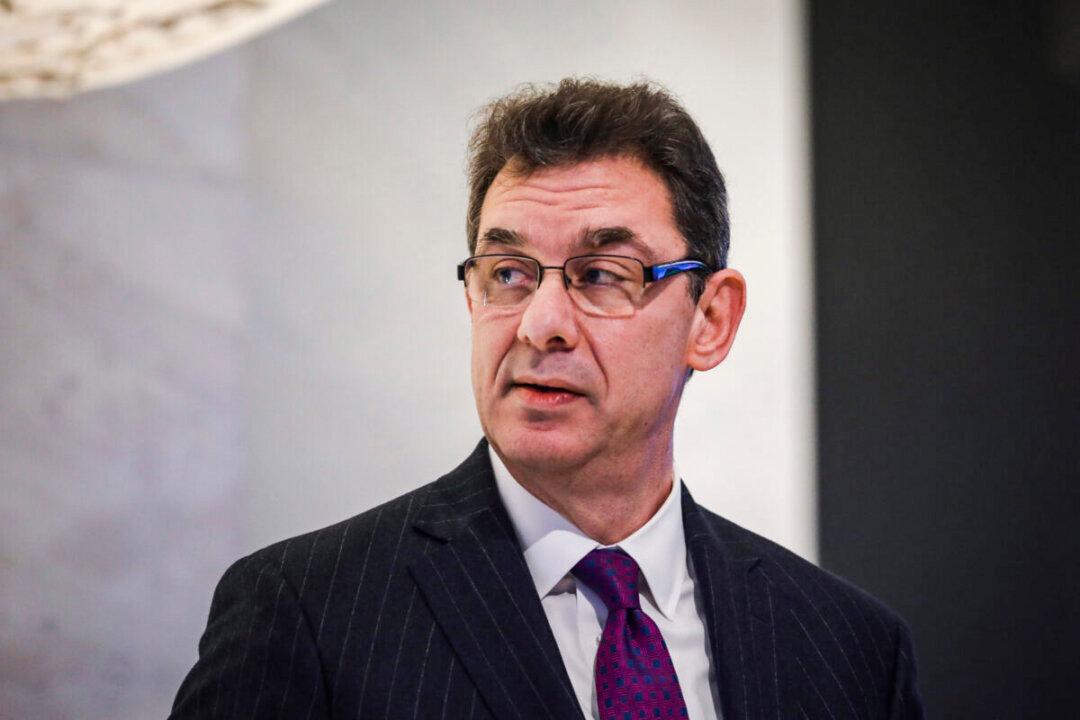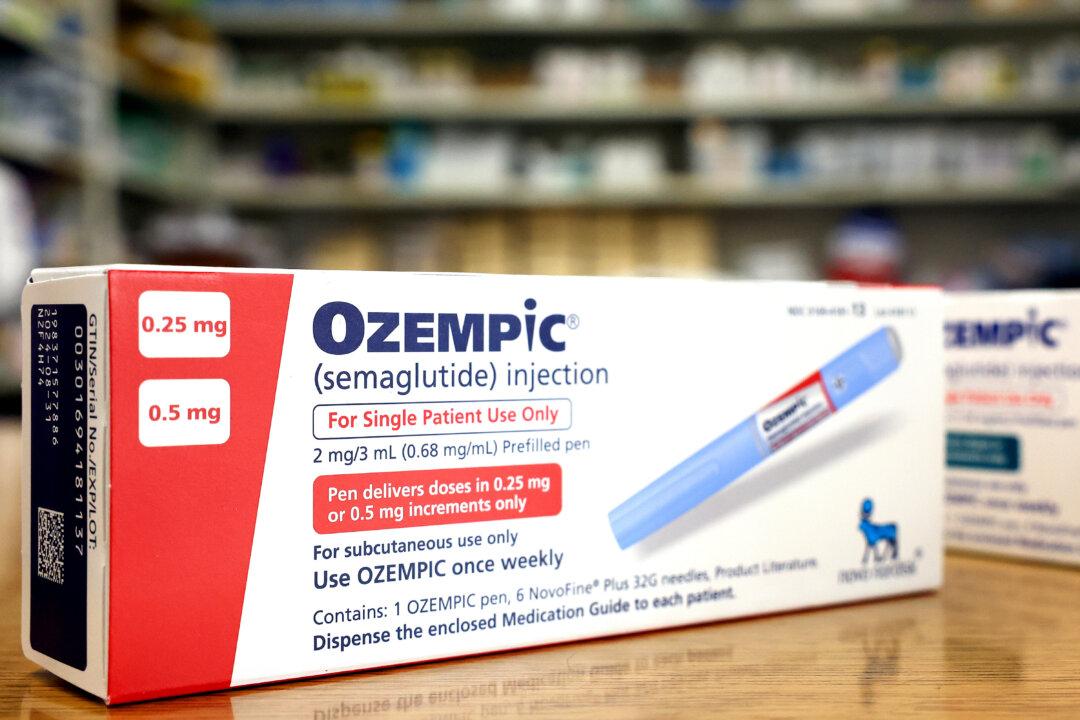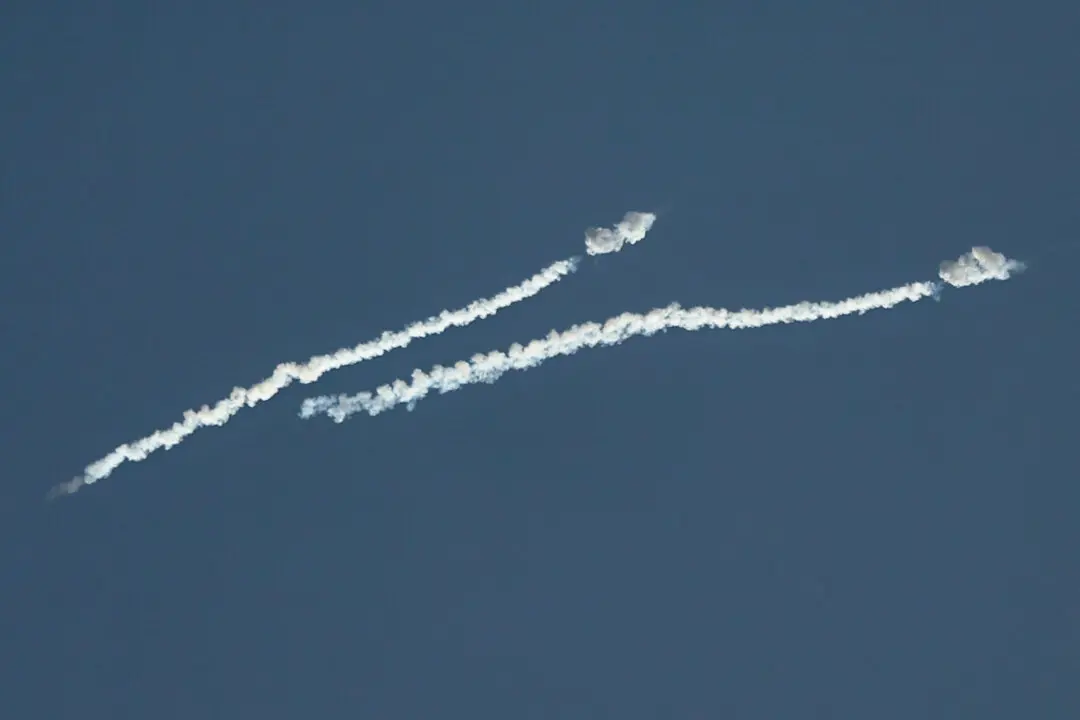Pfizer CEO Albert Bourla said the company’s COVID-19 vaccine will be “free for all Americans” because insurance companies and other groups will pay the cost, although critics have said his claims aren’t true.
“Americans will see no difference,” Bourla told STAT Summit last week. STAT is a health care publication. The vaccine, he added, will “be free for them to get, regardless of the insurance they have.”





